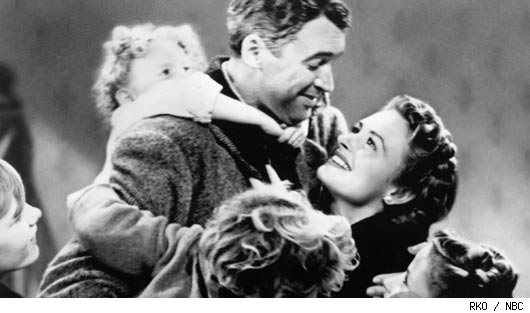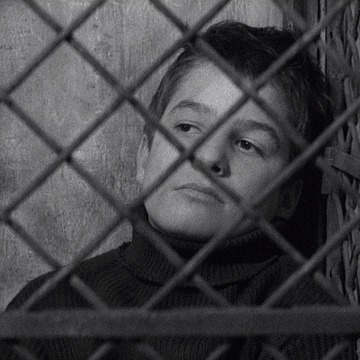Pressed for time, so this is going to be a more telegraphic survey than usual, just quick notes on the films for the coming week that I think are most interesting, with some clips to whet your appetite.
Sunday, August 6
- The Adventures of Robin Hood (1938)
- Bunch of Debbie Reynolds films, including The Affairs of Dobie Gillis (1953) and Singin’ in the Rain (1952)
Monday, August 7
- Captain Nemo and the Underwater City (1970) – cheesy but fun example of the sort of science fiction and fantasy films produced on lower budgets before the whole blockbuster era and huge success of Star Wars, Raiders of the Lost Ark, etc. upended things. No more quick, cheap and fun Sinbad movies.
- Billy Budd (1962) – directed by Peter Ustinov and starring Ustinov and Terence Stamp. I somehow didn’t even know about this movie. My personal must see for the week.
- Berlin Express (1948) – directed by Jacques Tourneur. Allied agents fight an underground Nazi group in post-war Europe. Film noir-ish, great director.
- On Dangerous Ground (1952) – directed by Nicolas Ray and starring Ida Lupino and Robert Ryan
Tuesday, August 8
- Bunch of films with Joan Blondell, a nice selection of 1930s movies, including two of the most fun and representative backstage musicals of that era:
- Gold Diggers of 1933 (1933)
- Footlight Parade (1933)
Wednesday, August 9
- Joan Blondell continues, with Blonde Crazy (1931) being the highlight
- The Emperor Jones (1933) – adaptation of a play by Eugene O’Neill, with Paul Robeson
- That’s Entertainment! (1974). An all-star cast, including Fred Astaire and Frank Sinatra, introduces clips from MGM’s greatest musicals.
- That’s Dancing! (1985). Gene Kelly, Liza Minnelli and Mikhail Baryshnikov host this compilation of some of the greatest dance numbers in movie history.
- Stormy Weather (1943) with Lena Horne, Bill Robinson, Cab Calloway
Thursday, August 10
- The day starts, in the witching hours, with three short films from the 1930s directed by Roy Mack, showcasing Black performers
- Uptown Saturday Night (1974) directed by Sidney Poitier and starring Poitier and Bill Cosby
- Out of the Past (1947)- directed by Jacques Tourneur. One of the finest and most interesting films noir.
- A Connecticut Yankee in King Arthur’s Court (1949). Adapted from the book by Mark Twain. Bing Crosby plays an auto mechanic who’s sent back in time to King Arthur’s court. I loved this movie when I first saw it as a kid and don’t really have any critical distance.
Friday, August 11
- Some Rhonda Fleming films
- Bunch of Alan Ladd films, including the most important, probably: Shane (1953), a crucial western.
Saturday, August 12
- The Glass Key (1942) – with Alan Ladd and Veronica Lake. Based on the Dashiell Hammett (The Maltese Falcon) novel of the same name. Has what is kind of an ur plot for a film noir: A hired gun and his gangster boss fall out over a woman.
- A bunch of Deborah Kerr films, including two by the British film making team of Michael Powell and Emeric Pressburger:
- The Life and Death of Colonel Blimp (1943)
- Black Narcissus (1947)
For people into film, I’d say there’s a bunch of must sees in this week, but many of them films people are likely to have already seen, like Singin’ in the Rain, The Adventures of Robin Hood and Shane. Ones people are maybe less likely to have seen that I think are must sees are the film noir—Out of the Past and On Dangerous Ground—Gold Diggers of 1933, Stormy Weather, The Emperor Jones, and the two Powell and Pressburger. Those last are not the best films by that crucial duo, but are excellent and discussed whenever that duo comes up. My favorite films by Powell and Pressburger are A Matter of Life and Death (1946) and The Red Shoes (1948).
To pick just one (and assuming you’ve seen Singin’ in the Rain and Robin Hood)… it’s got to be Stormy Weather if you haven’t seen it or Out of the Past if you have.
For more…
- Film Noir: A Very Short Introduction – independent bookshops
- Singin’ in the Rain: The Making of an American Masterpiece – independent bookshops
- Body and Soul (dir. Oscar Micheaux, 1925) with Paul Robeson – stream free on Kanopy
- Pioneers of African American Cinema – includes Oscar Micheaux – stream free on Kanopy
- Songs of Freedom – Musician and Activist Paul Robeson – stream free on Kanopy
- Billy Budd, Bartleby, and Other Stories by Herman Melville – independent bookshops
- Shane (1953) – stream free on Kanopy
- The Glass Key by Dashiell Hammett – independent bookshops
- The Cinema of Powell and Pressburger – independent bookshops
- Powell and Pressburger’s War: The Art of Propaganda, 1939-1946 – independent bookshops
- The Adventures of Robin Hood – Amazon
- Singin’ in the Rain – Amazon
- Billy Budd – Amazon
- Stormy Weather – Amazon
- Out of the Past – Amazon
- The Life and Death of Colonel Blimp – Amazon
- Black Narcissus – Amazon
- The Red Shoes – Amazon
- Where else to find/watch movies: JustWatch.com
- To download movies: YIFY
Filed under: Movies, Classic Films, Film, musicals, TCM

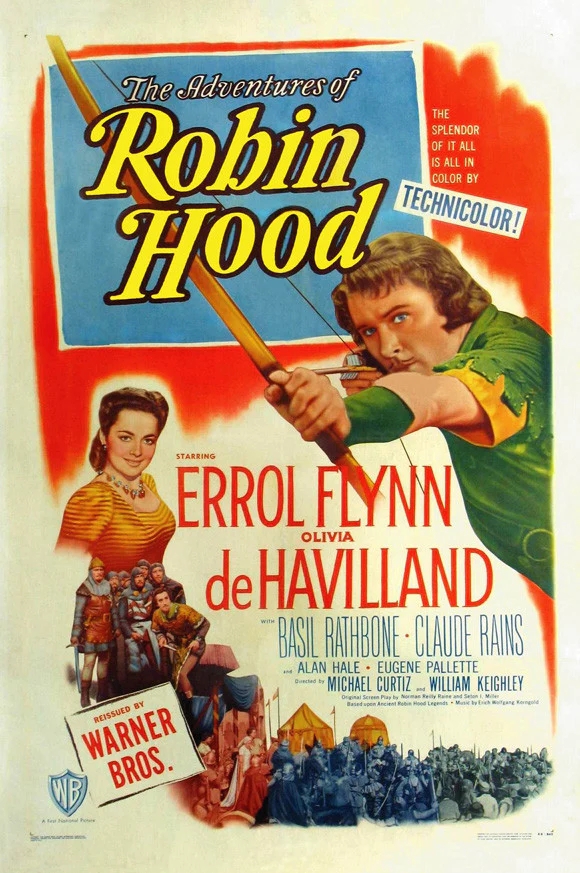
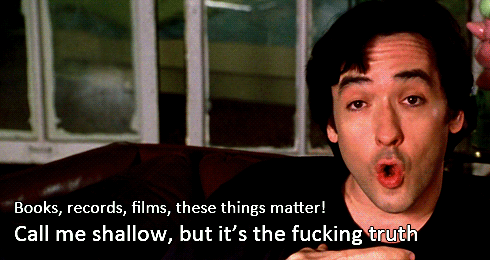
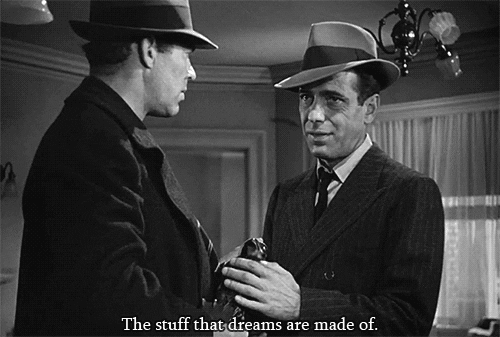
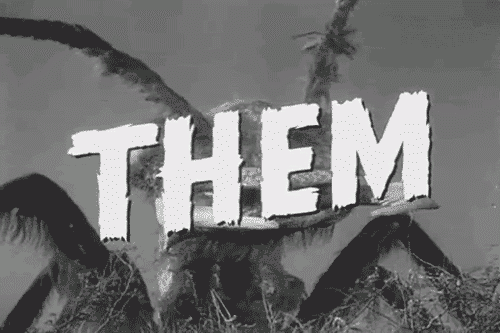
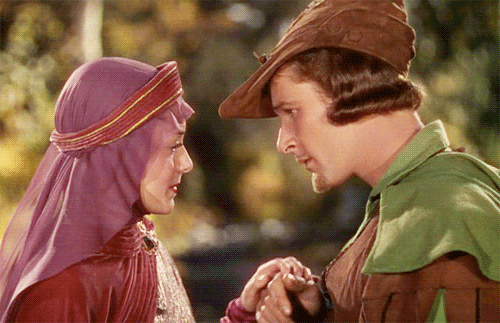
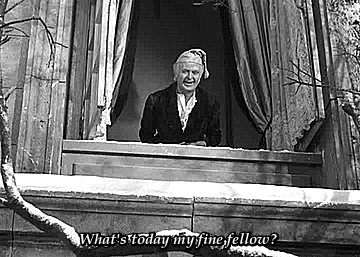
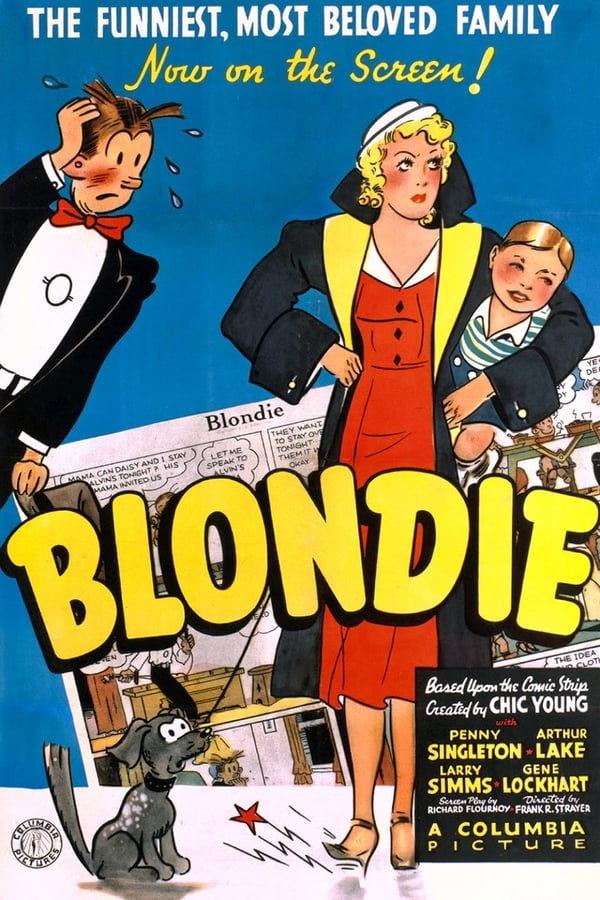
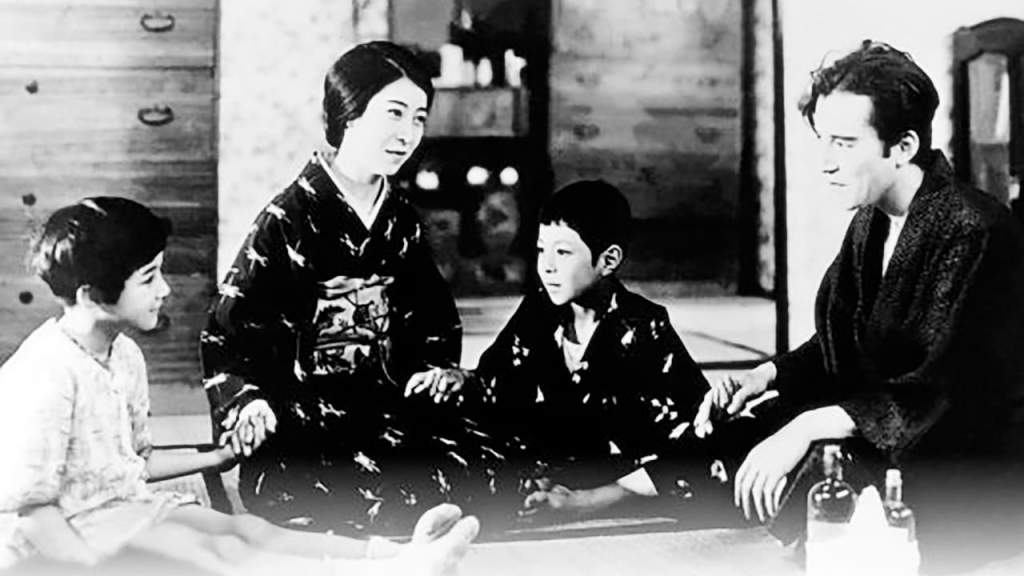
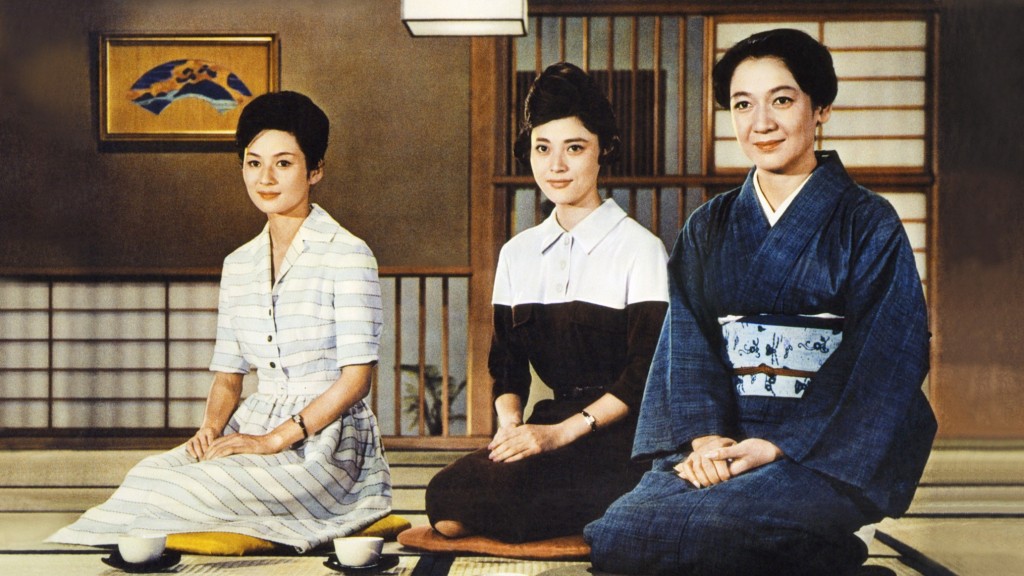
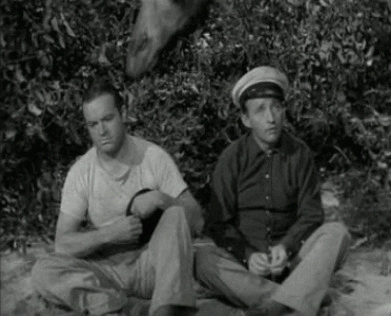










 On Monday at 5pm (PT), they’re showing one of the greatest films to be made by the British film-making team of
On Monday at 5pm (PT), they’re showing one of the greatest films to be made by the British film-making team of 